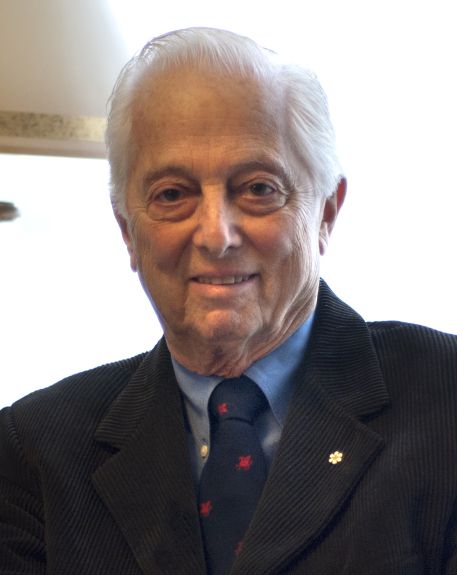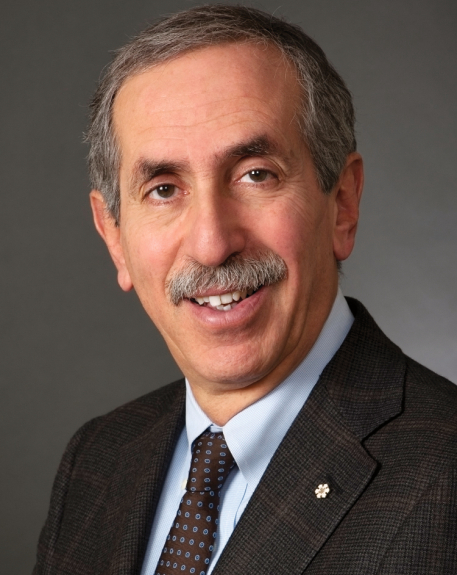2006 INDUCTEE Ian R. McWhinney, MD Patient Care, Health and Medical Education & Training, Leadership in Organizational Development
October 11, 1926
(Burnley, England)
September 28, 2012
MB BChir, Cambridge University
2003: Family Medicine Researcher of the Year, College of Family Physicians in Canada
2000: Honorary DSc, Western University
See All AwardsAwards & Honours:
2003: Family Medicine Researcher of the Year, College of Family Physicians in Canada
2000: Honorary DSc, Western University
1998: Officer of the Order of Canada
1991: Honorary Doctorate of Medicine, University of Oslo
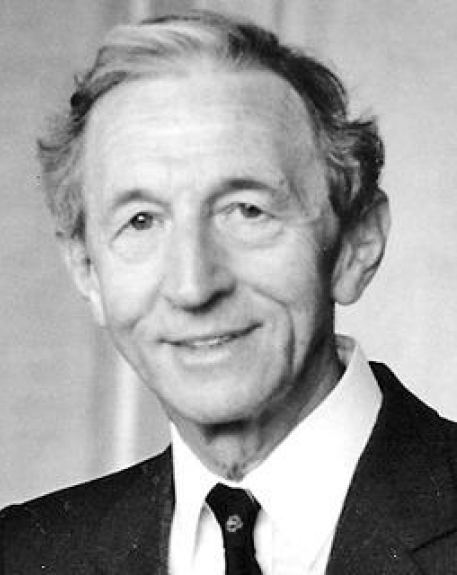
Founded the discipline of family medicine in Canada
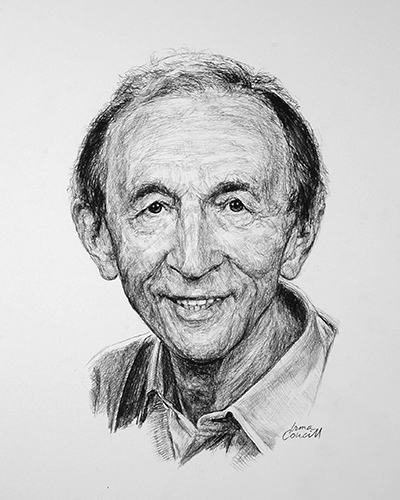
A tireless advocate of family medicine and patient-centred care
Dr. Ian McWhinney is acknowledged as one of the founders of modern Family Medicine in Canada. He is credited with defining the discipline as a distinct field of medicine, based on the knowledge gained by the physician’s long term relationship with patients and their families, familiarity with their life stories, and the trust that patients place in their physician over time. A world-renowned medical educator, Dr. McWhinney’s approach to health care is now the basic model used in the training of family physicians. Fundamental to this approach is the attainment of common ground between doctor and patient.
A lovely quote found among Dr. McWhinney's writings: "However powerful we are in our prime, our descent into powerlessness can be sudden and inexorable; we are fortunate indeed if we can find healers who can make our fall less terrifying and our landing not without some grace."
Key Facts
Researched many topics of importance to family medicine including the impact of patient-centred care, the role of the family physicians in palliative care, and the effects of patient mobility of continuity of care
Founded the Graduate Studies Program in Family Medicine at The University of Western Ontario in London, Ontario
Established the Centre for Studies in Family Medicine, which is regarded as the premier research centre in Family Medicine in Canada
Recognized as an outstanding educator by the Association of Canadian Medical Colleges
Professional timeline
Impact on lives today
Every medical student who trains in family medicine today can feel the impact of Dr. McWhinney’s tireless advocacy. Against the rising tide of specialization, he championed the acceptance of family medicine as a unique field with a distinct body of medical knowledge. Decades after Dr. McWhinney’s pioneering building, family medicine is a robust academic discipline with distinct clinical methods and training programs at both the undergraduate and graduate level. Today, more than 25,000 physicians are members of the College of Family Physicians of Canada.
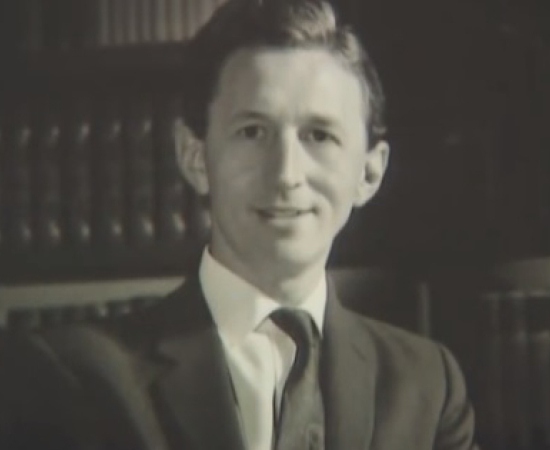
2006
-
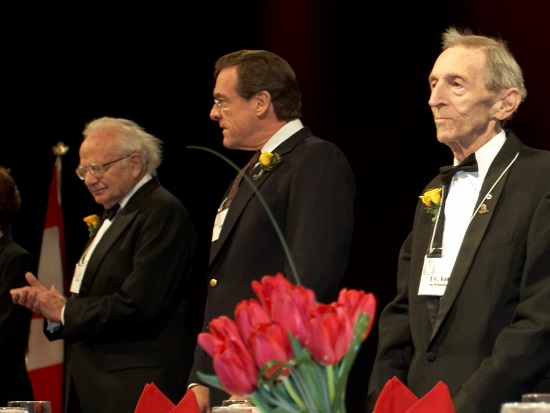
Ian McWhinney inducted into the Canadian Medical Hall of Fame
Edmonton, Alberta
-
Throughout his life, Dr. McWhinney reflected on the status of family medicine as discipline.
In 2001, he published two articles in the Canadian Family Physician in which he questioned the neglect of clinical research within the field.
-

Dr. McWhinney’s international reputation was advanced in 1989 with the publication of his textbook of Family Medicine.
Health and Medical Education & TrainingThis seminal work has been described by scholars as the definitive description of the discipline of general practice.
-
Along with his colleagues, Dr. Ian McWhinney began exploring the impact of patient-centred care
Patient CareHe published his findings in a number of articles that have subsequently become canonical works in the field of family medicine.
-

Dr. Ian McWhinney emigrated to Canada to become the first professor and chair of family medicine in Canada at Western University
Health and Medical Education & Training, Leadership in Organizational DevelopmentHe remained at Western until his retirement in 1992.
-
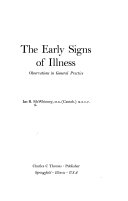
Early in his career, Dr. McWhinney worked alongside his father at his medical clinic in Stratford-Upon-Avon in England.
During this time, he also published his first book The Early Signs of Illness.
1964
If we could all just learn to listen, everything else would fall into place. Listening is the key to being patient centred.

